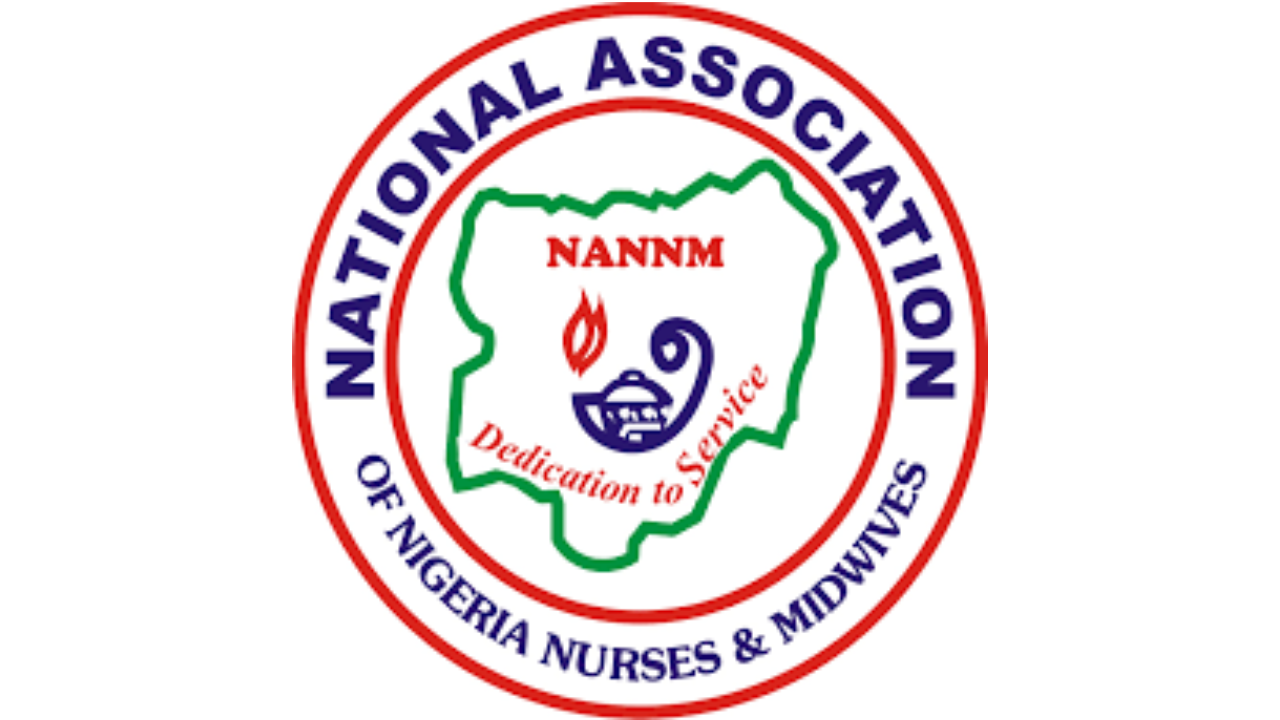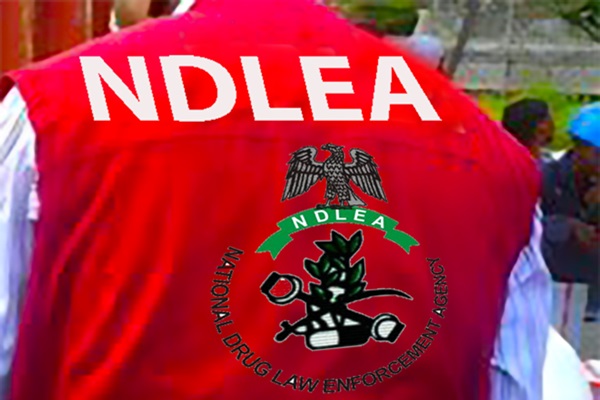The National Association of Nigerian Nurses and Midwives – Federal Health Institutions Sector (NANNM-FHI) has denied reports that it has suspended its ongoing nationwide seven-day warning strike, insisting the industrial action remains in full effect.
Speaking with The Guardian on Friday, the National Public Relations Officer of the union, Omomo Tibiebi, refuted claims that the strike was over, clarifying that no such decision had been taken by the union’s leadership.
“The strike has not been suspended,” Tibiebi said. “Earlier today, the NANNM executives met with the Coordinating Minister of Health and Social Welfare, Prof. Muhammad Ali Pate, and it was the minister who went to the press to announce the strike had been called off. But he wasn’t the one who called the strike, so he has no authority to end it.”
Tibiebi stressed that the final decision rests with the National Executive Council (NEC) of the union, which is expected to convene on Saturday, August 2, 2025, to review the government’s latest proposals.
“The NEC will review the promises made by the Federal Government, and that’s when a decision will be made. Until then, the strike continues,” he added.
Why the Nurses Are Striking
The nurses embarked on the nationwide strike on Wednesday, July 30, 2025, to demand the resolution of long-standing grievances, including:
-
Upward review of shift allowance
-
Adjustment of uniform allowance
-
Implementation of a separate salary structure for nurses
-
Increase in core duty allowance
-
Mass recruitment of nurses
-
Creation of a dedicated Department of Nursing at the Federal Ministry of Health
Despite ongoing dialogue with the government, union leaders say these demands remain unaddressed, prompting the strike.
Impact on Healthcare Services
The effects of the strike have continued to ripple across federal hospitals nationwide. Patients are facing delays in treatment, and several wards are either operating skeletal services or have been completely shut down due to the absence of nursing staff.
In many facilities, patients have been discharged prematurely, while the few available health workers are stretched thin, struggling to keep essential services afloat.
Hospital administrators and concerned citizens have urged both parties to resolve the dispute quickly to prevent a full-blown crisis in the nation’s public health system.




